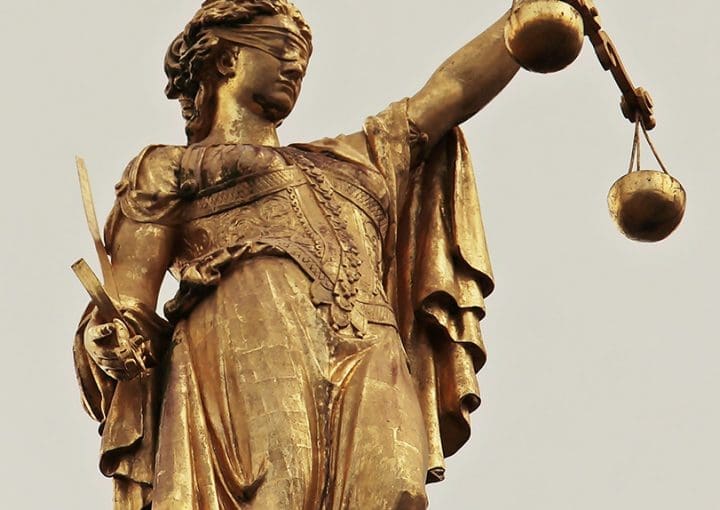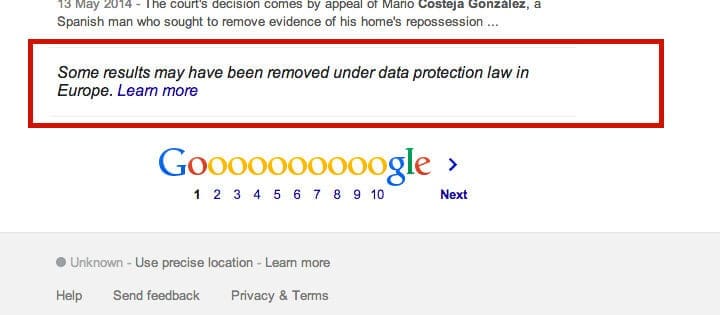Many countries have passed data protection legislation in recent years, often aligned to the standards set by the European General Data Protection Regulation (GDPR). However, enforcement of those laws including securing personal communications and protecting freedom of expression in the digital age remains a major challenge for human rights defenders.
There is an increasing recognition that the right to privacy plays a vital role in and of itself and in facilitating the right to freedom of expression, and it is protected under international law. This resource deals with the topics of data protection, the right to privacy, and related topics such as governmental surveillance, encryption, and journalistic source protection.
Summary Modules
Media Defence has developed a series of summary modules that provide an overview of the right to privacy, how data protection has evolved as a concept in recent years, and ways to protect privacy and freedom of expression in an increasingly digital world. Both cybercrimes and national security are frequently cited justifications for infringing on privacy, and hence relevant to this subject area.
Advanced Modules
Media Defence’s series of Advanced Modules on Digital Rights and Freedom of Expression online provide a more comprehensive review of current developments and jurisprudence in the field of digital rights. In combination with the Summary Modules above, these resources form the basis of our introductory and advanced litigation surgeries. The Advanced Modules have been designed to assist lawyers representing journalists, bloggers and other online media in East, West and Southern Africa. They include emerging trends in digital rights as well as tools and advice on litigating cases at the national and regional levels.
These Advanced Modules provide a detailed investigation of issues relating to data privacy and protection, such as cybersecurity, surveillance, facial recognition and encryption, and explain the link between privacy and online harassment.
Emerging Trends: Surveillance & Encryption
Encryption is a critical tool in the defence of freedom of expression online, allowing journalists, lawyers, human rights activists, and ordinary people to communicate securely, but is coming under threat from governments and law enforcement seeking to access communications to prevent crime. Evidence does not show, though, that encryption is a major barrier to these goals, but is crucial in protecting free expression.
See moreKey Case Law
Much progress has been made in recent years in defining the right to privacy in the digital age in terms of international jurisprudence. For example, a ‘right to be forgotten’ is increasingly recognised around the world. The limits of international data sharing are being litigated in court, such as in the Schrems and Schrems II cases in the European Union. Likewise, the use of data for surveillance purposes is facing increasing scrutiny in the United Kingdom, the European Union, and South Africa.
The Court of Justice of the European Union ruled that the right to be forgotten means that personal information that is “inadequate, irrelevant or no longer relevant, or excessive” must be erased by the search engine, but that the right should not apply to information that is relevant for the public interest.
The Court of Justice of the European Union dismissed a request to be “forgotten” from a public company register.
The England and Wales High Court ruled on requests for personal information to be “delisted” for “deindexed” from Google search results, upholding the request in one case and rejecting it in another.
The Superior Court of Brazil held that search engines cannot be compelled to remove search results relating to a specific term or expression.
Factsheets
Media Defence’s Work

Explaining the Issues: The Right to be Forgotten
(Dec 15, 2020)

Grand Chamber challenges male-oriented view on keeping silence over mistress and lovechild in pivotal privacy case
(Nov 12, 2015)

How Far Does the “Right to be Forgotten” Extend? Crucial Case Referred to Court of Justice of the European Union
(Jul 20, 2017)
Emerging Trends: Intermediary Liability
Dramatic changes in the information eco-system have created new complications for who is responsible for illegal or unethical content online.
See more


